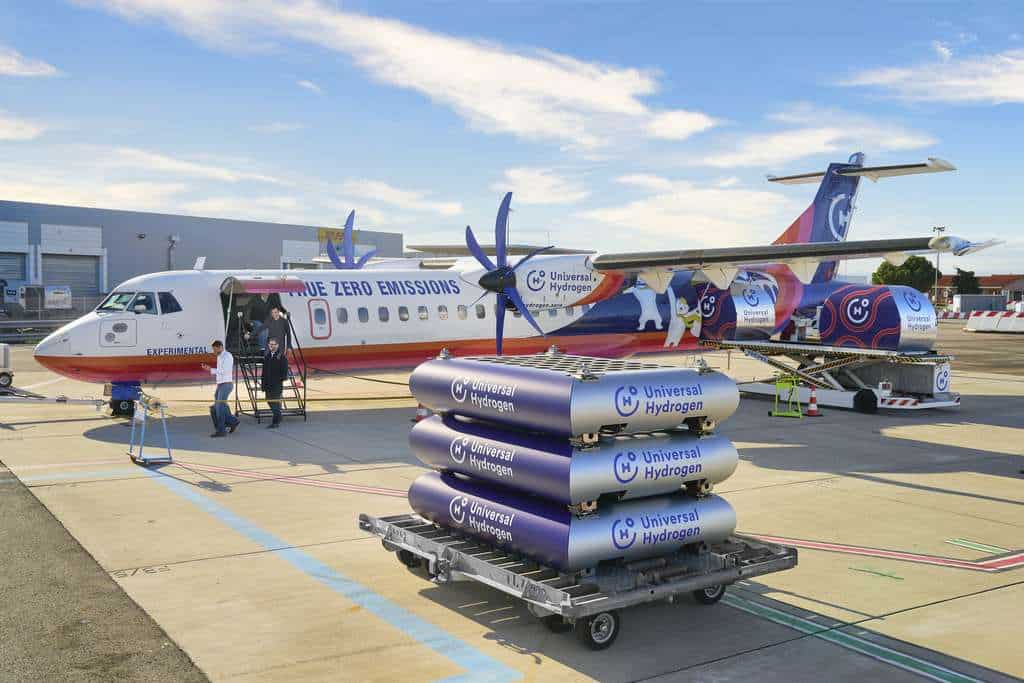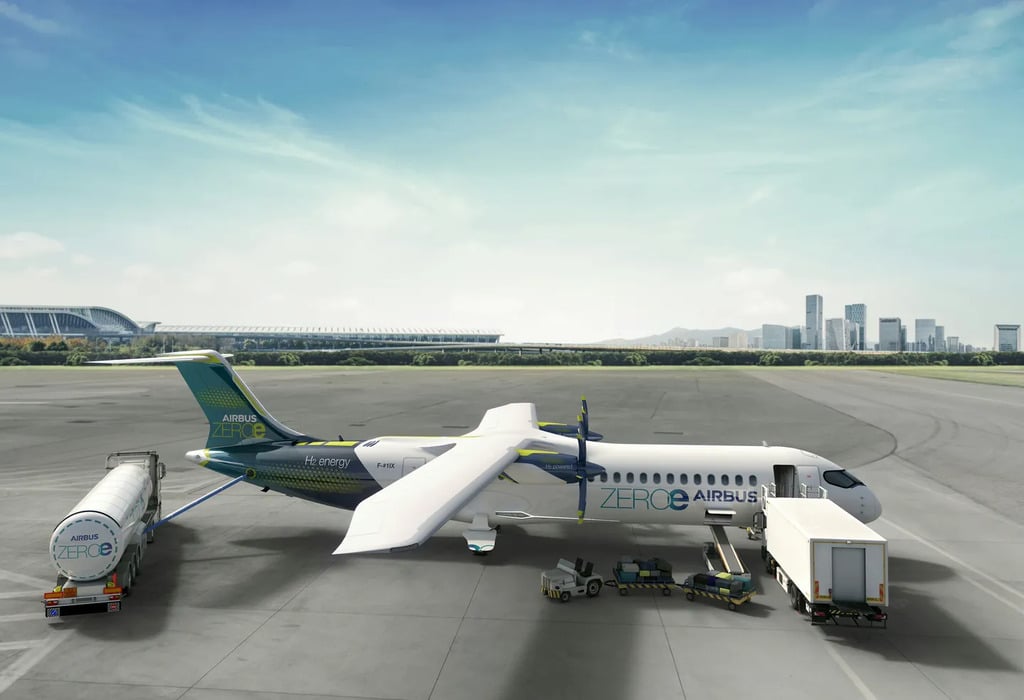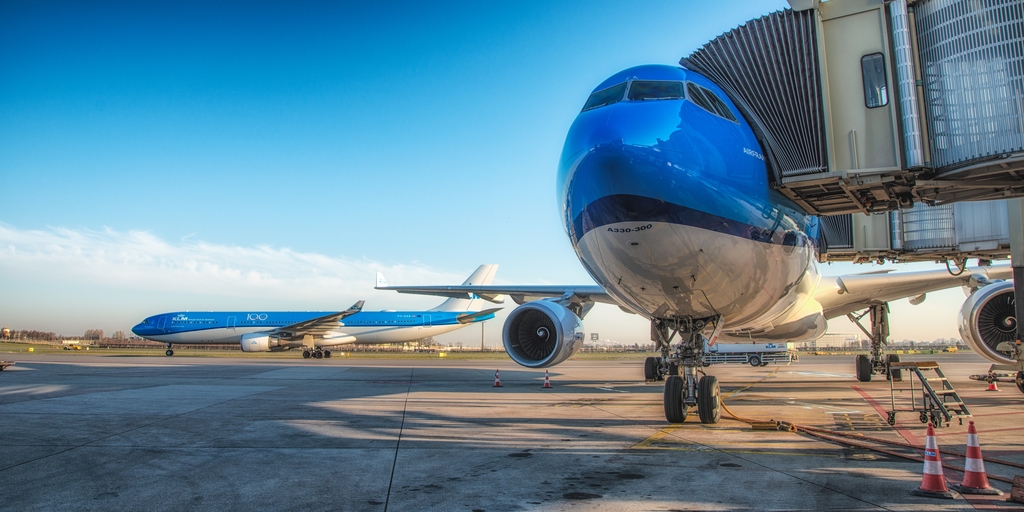The future of clean aviation is taking flight, and the UK is in a prime position to lead the way. The Hydrogen in Aviation (HIA) alliance, a consortium of major players like easyJet, Rolls-Royce, and Airbus, has unveiled its Milestone Delivery Report.
This report outlines a clear path for the UK government and industry to secure global leadership in hydrogen-powered aircraft.
UK Innovation in Hydrogen Tech
The UK boasts a rich history of innovation in hydrogen aviation technology. This has progessed from pioneering engine tests to achieving the first hydrogen-fueled flights.
The UK has a strong foundation in hydrogen aviation technology, making them well-positioned to benefit from this emerging field. This could lead to significant economic growth, job creation, and environmental advantages.
However, to reap these rewards, a robust industrial strategy focused on long-term opportunities is crucial.
A significant increase in hydrogen supply is paramount for the UK’s success. This necessitates the rapid deployment of renewable energy sources and substantial investments in hydrogen infrastructure and workforce development.

The Next Steps
The HIA’s latest report is informed by accurate aviation demand data and vital industry insights. It details specific steps for industry, government, and regulators.
The HIA report outlines a clear path to success. By following these steps, the UK can acquire the resources and expertise needed to lead the world in hydrogen-powered flight. Industry leaders across the spectrum voiced their strong support for the initiative.
easyJet CEO Johan Lundgren emphasized the urgency of action. He acknowledged the UK’s advantageous position but stressing the need to capitalize on existing advancements.
He highlighted the importance of building the appropriate skills, infrastructure, investment, and regulations to support hydrogen aviation’s growth.
Mark Bentall, Head of Research & Technology at Airbus, echoed these sentiments. He highlighted the company’s commitment to realizing a hydrogen-powered aircraft by 2035.
He pointed out the need to extend efforts beyond the aircraft itself, including work force development, policy changes, and infrastructure creation. Taken together, this would establish a thriving hydrogen aviation ecosystem in the UK.
Dave Lees, CEO of Bristol Airport, recognized the critical role that hydrogen refueling infrastructure. Staffed by a skilled work force, this plays a key role in achieving zero emission flights.
He spoke of Bristol Airport’s eagerness to collaborate with industry, government, and regulators. This would move to launching the first commercial hydrogen flights within the decade.

The Potential of Hydrogen-powered Flight
The report serves as a plan for a carbon free future of flight, according to Russ Dunn, CTO of GKN Aerospace. He stressed GKN’s commitment to this vision through industry leading technology and partnerships.
He urged a national commitment from the UK to support efforts and seize the immense potential of hydrogen for aviation and the broader economy.
Robert Duncalf, Head of Commercial P2X at Ørsted, spoke of the necessity of group action and focused investment. This action from both industry and government could achieve de-fossilisation across various sectors, including aviation.
He acknowledged the potential of green hydrogen produced through renewable energy but warned of the challenges that lie ahead.

Alan Newby, Director of Research and Technology at Rolls-Royce, expressed confidence in the potential of hydrogen-powered flight. He pointed to the progress being made in developing the core technologies.
He emphasized the ambitious yet essential nature of this challenge and Rolls-Royce’s commitment to accelerating progress alongside industry partners and the UK government in pursuit of a sustainable future for aviation.
Sergey Kiselev, Chief Business Officer of ZeroAvia, supported the report as a testament to industry collaboration in placing hydrogen as the aviation fuel of tomorrow.
He anticipates commercially operating hydrogen powered aircraft in the UK within the next few years, needing a scalable fuel supply infrastructure for larger aircraft segments.
Conclusion
The HIA stands as a powerful coalition poised to drive this change in partnership with the UK government.
This industry wide initiative presents a clear roadmap for the UK to embrace hydrogen aviation and establish itself as a global leader in this leading technology.

Click the banner to subscribe to our weekly newsleter.

Click the photo to join our WhatsApp channel so then you can stay up to date with everything going on in the aviation industry!









